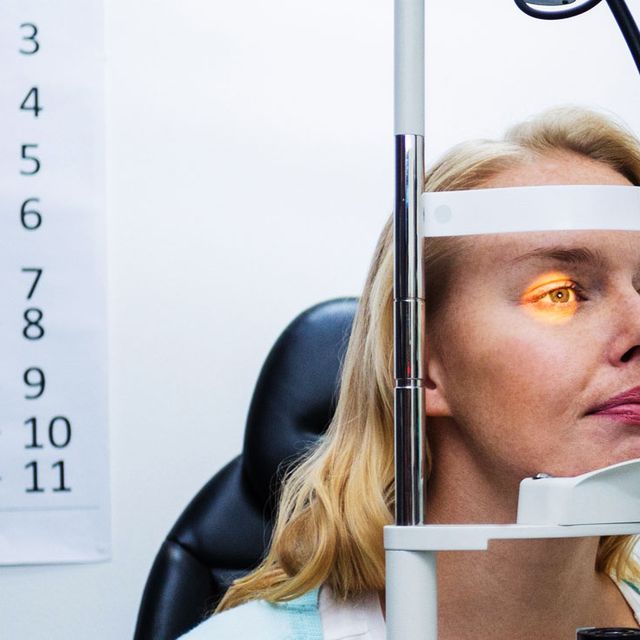
Blog

Routine eye exams are often underestimated, yet they play a crucial role in maintaining overall health. While many people view them as simply a way to update their prescription, these exams go far beyond vision correction. Comprehensive eye exams can help detect early signs of serious eye conditions and even systemic diseases, ensuring early intervention and better health outcomes. Here’s why routine eye exams are an essential part of your healthcare routine.
Detecting Eye Diseases Early
Many eye conditions develop slowly and without noticeable symptoms, making routine eye exams critical for early detection. Some of the most common eye diseases that an optometrist can identify during a comprehensive exam include:
Glaucoma: Often called the "silent thief of sight," glaucoma can cause irreversible vision loss before any symptoms appear. Early detection through eye pressure tests and optic nerve assessments is key to preventing significant damage.
Cataracts: This condition, which causes clouding of the eye’s lens, can lead to blurred vision and difficulty seeing at night. Routine exams help track the progression of cataracts, allowing for timely intervention, such as surgery.
Macular Degeneration: Age-related macular degeneration (AMD) is one of the leading causes of vision loss in older adults. Early detection can help manage the disease and slow its progression through treatments such as medication or lifestyle changes.
Diabetic Retinopathy: People with diabetes are at risk for this condition, which affects the blood vessels in the retina. Regular eye exams can catch early signs, allowing for proactive treatment and reducing the risk of vision loss.
Eye Exams as a Window to Overall Health
Eye exams don’t just reveal issues with your vision; they can also detect signs of broader health problems. The eyes are often referred to as "windows to the body," and for good reason. During a comprehensive eye exam, optometrists can spot early signs of several systemic diseases, including:
Diabetes: Early signs of diabetes, like damage to the retinal blood vessels, can be visible during an eye exam before the patient experiences any noticeable symptoms.
High Blood Pressure: Hypertension can cause changes in the blood vessels of the retina, alerting your optometrist to the condition.
High Cholesterol: Deposits in the blood vessels of the eyes can indicate elevated cholesterol levels, which increases the risk of heart disease and stroke.
Autoimmune Disorders: Conditions like lupus and multiple sclerosis can affect the optic nerve and cause inflammation, which an eye exam can help detect.
How Often Should You Get an Eye Exam?
The frequency of eye exams depends on several factors, including age, health history, and risk factors. The general guidelines are:
Children: The first comprehensive eye exam should occur at around 6 months old, again before starting school, and then annually during school years to ensure proper vision development.
Adults (18-64): Eye exams every year are typically recommended, but those at higher risk for eye diseases—such as diabetics or individuals with a family history of glaucoma—should get more frequent exams.
Seniors (65+): After age 65, annual exams are crucial for monitoring conditions such as cataracts, macular degeneration, and glaucoma.
The Benefits of Early Detection
Early detection of eye diseases through routine exams can prevent long-term vision problems and other complications. In many cases, catching a condition early can make the difference between manageable treatment and permanent damage. For example, glaucoma detected in its early stages can be controlled with medication or surgery, preventing significant vision loss.
Additionally, routine eye exams help track changes in your vision over time, ensuring your prescription is up to date and your eyes are healthy. Whether it’s detecting the onset of a condition or simply updating your glasses or contact lenses, routine exams are a proactive way to safeguard your vision and overall well-being.
Book Your Routine Eye Exam with Super Optical Express Today
At Super Optical Express, we believe in the power of preventive care. By scheduling routine eye exams, you’re not only protecting your vision but also taking steps toward early detection of diseases that could affect your overall health.
Don’t wait until you notice symptoms of eye disease, schedule a comprehensive eye exam with Super Optical Express today. Visit our office in Gainesville, Florida, or call (352) 702-9700 to book an appointment.



